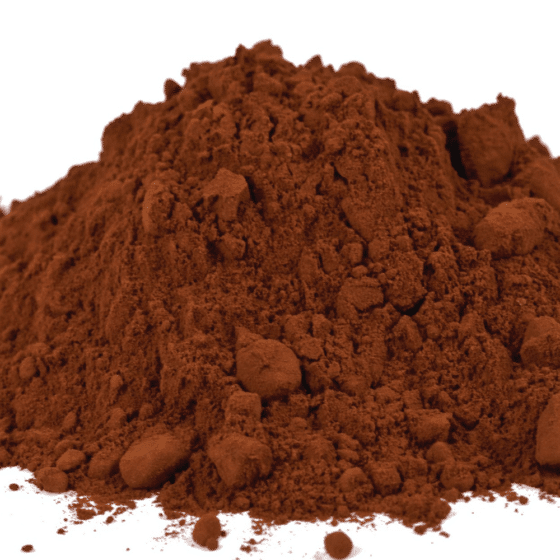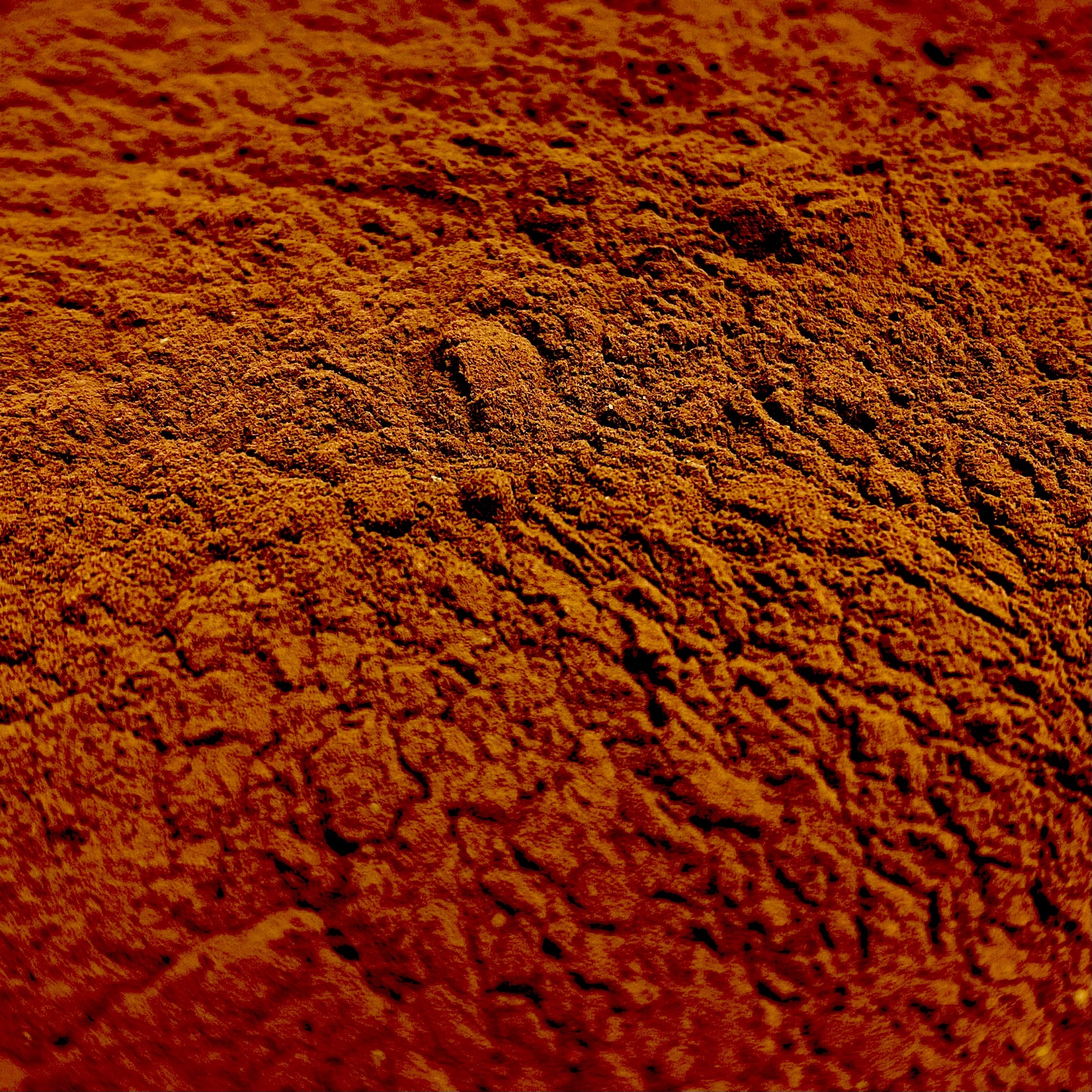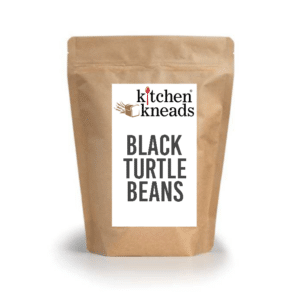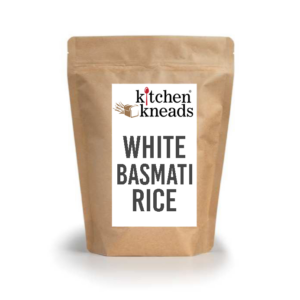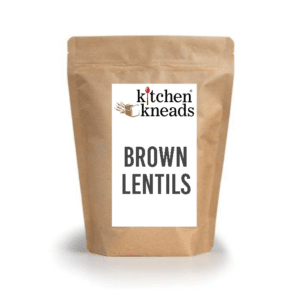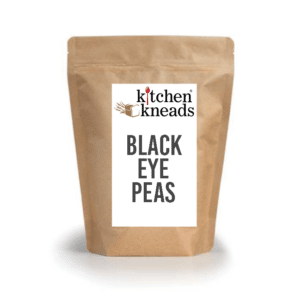$16.99 – $24.99
Darker in color than the amber cocoa powder with more of a darker, rich taste.
Available in the following sizes:
- 3-pound bags
**This product is shipped in private label bags that may or may not reflect the packaging listed.
Description
Aristocrat™ Dutch Cocoa Powder
Darker in color than the amber cocoa powder with more of a darker, rich taste.
Available in the following sizes:
- 1.5 and 3-pound bags
Cocoa Nutritional Facts
A 2 tbsp. serving of cocoa contains just 25 calories and 1.5 g of fat. It also provides you with 3.6 g of fiber, which is 14 percent of the daily value, and 8 percent of the daily value of iron, and 14 percent of the daily value of magnesium. [cite]
Antioxidants
While cocoa powder antioxidants, specifically procyanidins and epicatechins, are similar to those found in tea, red wine, and many fruits and vegetables, the structure of some cocoa flavonoids is unique, giving them even more free-radical-scavenging and metal-binding capacity than flavonoids found in other plant foods. These antioxidants can help lower your blood pressure and maintain safe blood sugar levels, according to a study published in the August 2012 issue of the journal “Food and Function.” In the study, volunteers with mildly elevated cholesterol ate two servings of a cocoa product that provided 283 milligrams of cocoa polyphenols per day for eight weeks. Results showed cocoa moderately decreased blood sugar, blood pressure, and levels of oxidized lipids. [cite]
Anti-Inflammatory
The anti-inflammatory effects of cocoa powder help prevent artery-clogging plaque formation by decreasing levels of molecules that cause white blood cells to stick to artery walls, according to Harvard Health Publications. A study published in the November 2009 issue of the “American Journal of Clinical Nutrition” found that supplementation with 40 grams of cocoa powder per day for four weeks reduced inflammation and inhibited platelets from sticking together and contributing to atherosclerosis. [cite]
Healthy Fats
Cocoa contains a variety of healthy fats, including as much as 35 percent oleic acid. This is the same fatty acid found in olive oil that may increase levels of high-density lipoprotein, or HDL, the good form of cholesterol. A study published in the August 2011 issue of the “European Journal of Clinical Nutrition” found cocoa products and dark chocolate significantly decreased levels of low-density lipoprotein, or LDL, the bad form of cholesterol, in participants who consumed cocoa for two to 12 weeks. [cite]



